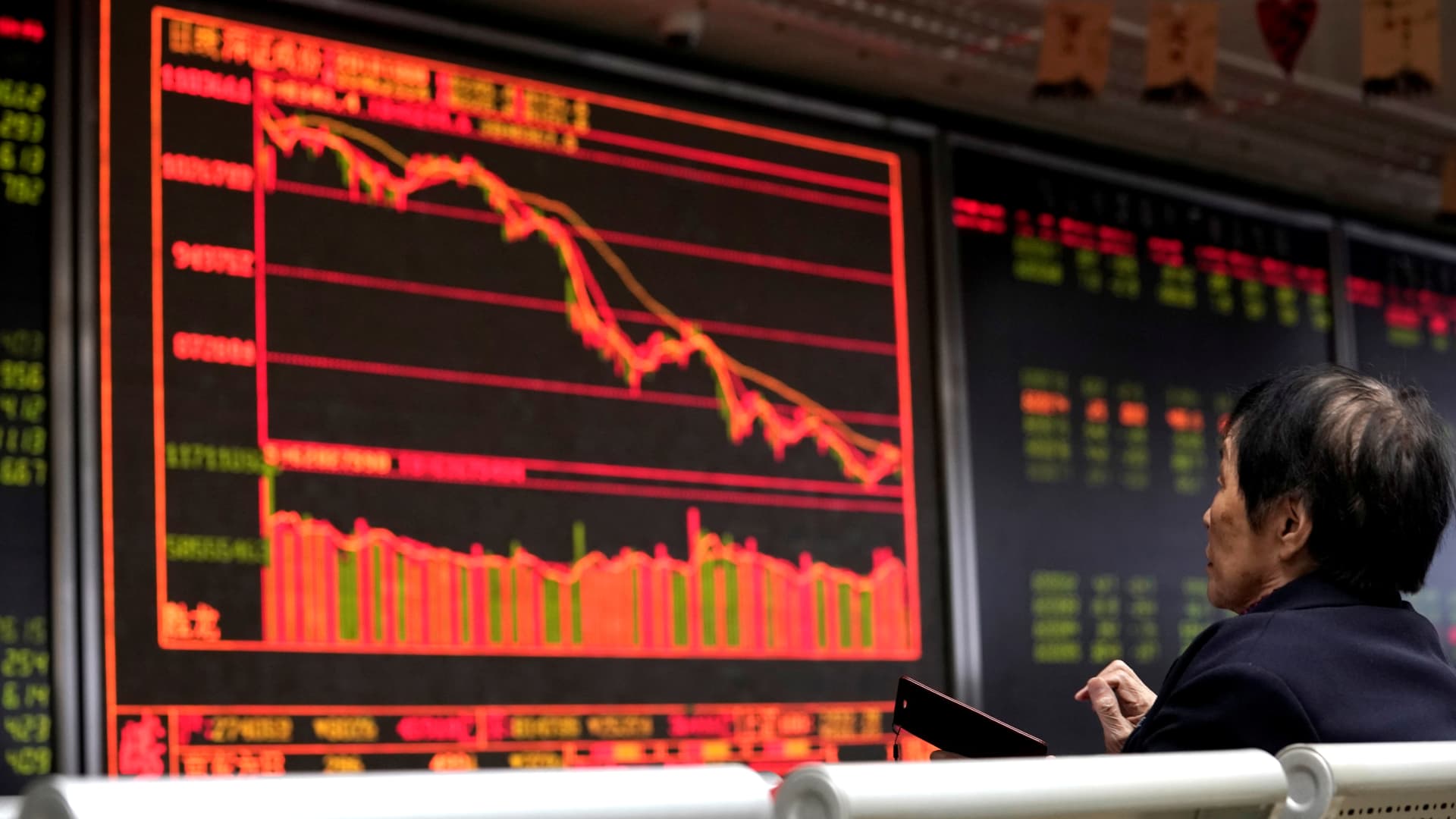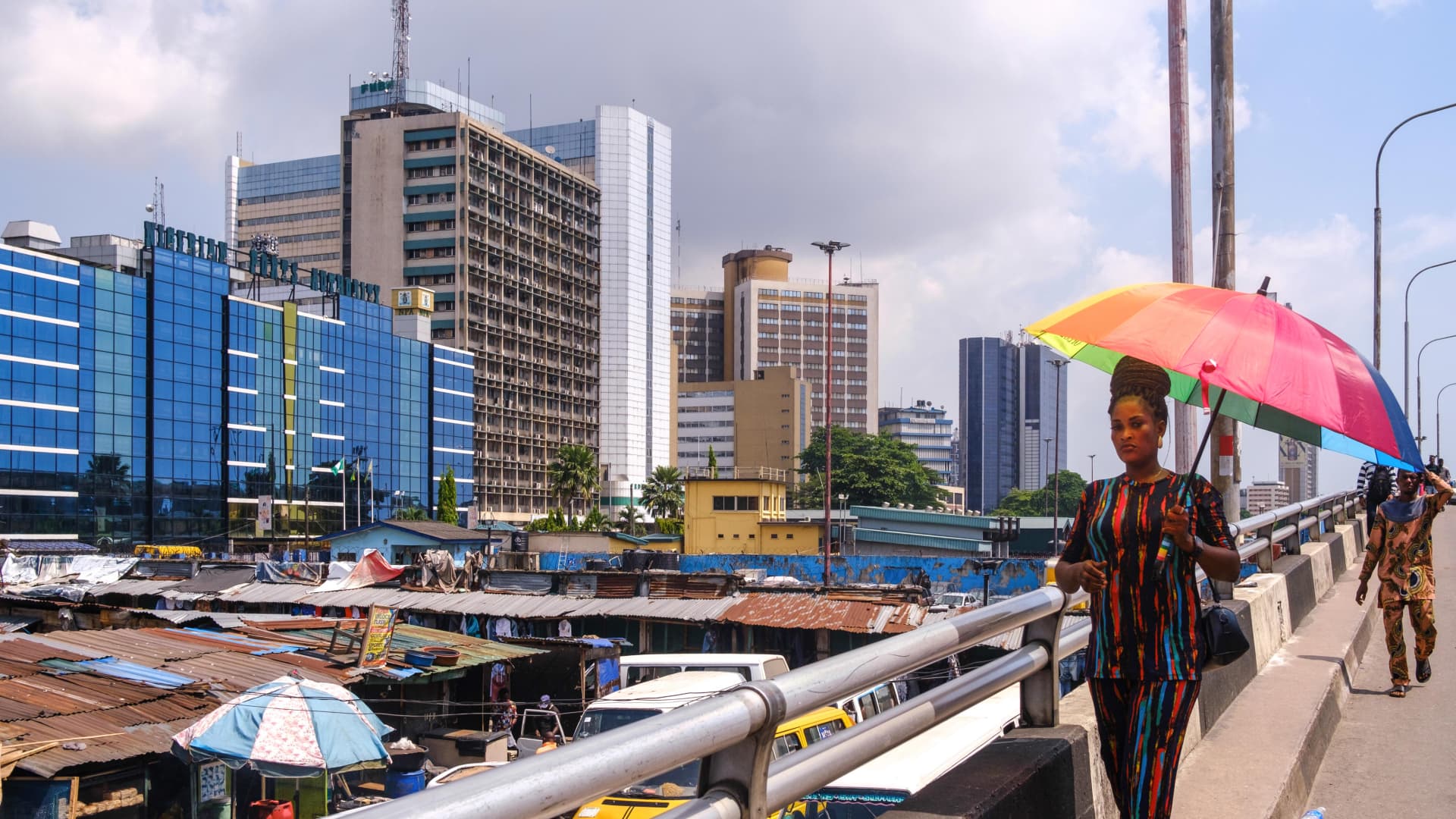The Biden administration is sending a high-level delegation of Treasury Department officials to Beijing this week for a round of economic talks, as the world’s largest economies seek to continue efforts agreed to by President Biden and his Chinese counterpart Xi Jinping last year.
A Treasury official, who spoke on condition of anonymity because the trip was not publicly announced, said the two-day meetings would include “frank discussions” about China’s use of non-market practices such as government subsidies. U.S. officials also plan to discuss concerns about industrial overcapacity that could flood international markets with cheap products.
They will also discuss ways to address the sovereign debt burden that is burdening low-income countries and discouraging some of these countries from investing in sustainable development and climate initiatives. China is one of the world’s largest creditors and has been under international pressure to make concessions that would enable a global effort to restructure hundreds of billions of dollars in poor countries’ debt.
More broadly, the two governments will discuss the macroeconomic outlook of their countries, whose economies are critical to the health of the overall global economy. The United States is proving to be the most resilient economy in the world. China, meanwhile, continues to be plagued by a financial industry struggling to contain huge local government debt, a volatile stock market and a crisis in the real estate sector.
Last week, the International Monetary Fund forecast in its latest economic outlook that China’s economy would grow at a rate of 4.6 percent in 2024, faster than previous forecasts. But it also pushed China to make longer-term structural changes to its economy, such as overhauling its pension program and reforming its state-owned enterprises, to prevent an even more dramatic slowdown in its output.
“Without these reforms, there is a risk that Chinese growth would fall below 4 percent,” Kristalina Georgieva, the IMF’s managing director, told reporters on Thursday.
The American and Chinese officials will also discuss joint efforts to combat climate change and the mechanisms of investment screening programs that create new economic barriers between the two countries.
The revival of a formal economic dialogue structure is intended to prevent misunderstandings between the US and China from escalating into an economic war.
The five-member Treasury Department group is led by Jay Shambaugh, the department’s undersecretary for international affairs. It is the first meeting of its kind in Beijing of the economic working group founded last September. In January, a group of financial officials focused on financial issues held talks in Beijing.
The visit could pave the way for a second trip to China by Treasury Secretary Janet L. Yellen, who traveled to Beijing last summer.
The Biden administration has tried to convince Chinese officials that President Biden’s efforts to diversify American supply chains away from China are not intended to hurt Beijing’s economic development.
The Treasury official would not elaborate on what specific concerns Mr. Shambaugh would raise with his counterparts during that trip. But Biden administration officials have continued to complain in recent months about China’s subsidies to its domestic industries and discrimination against foreign competitors.
In a speech to the U.S. China Business Council in December, Ms. Yellen complained that China continues to use unfair economic practices, restrict access to foreign firms and pressure American companies.
“For too long, American workers and businesses have not been able to compete on a level playing field with those in China,” Ms. Yellen said.
Although increased engagement appears to have eased some of the public tensions between the United States and China, it is unclear how much progress will be made in practice.
The Biden administration last August moved forward with plans to impose new rules to restrict American investments in certain Chinese sectors that the United States views as national security risks. Two months later, China announced it would restrict exports of graphite, a key ingredient in electric vehicle batteries.
However, the two countries say they want to continue to look for areas for cooperation.
“These trips are of significant importance to prevent further escalation of hostilities, especially as campaign rhetoric intensifies in the United States,” said Eswar Prasad, a Cornell University professor and former head of the International Monetary Fund’s China division. “I think both sides are very keen to contain any further escalation of hostilities.”
Source link
2024-02-05 11:28:06
www.nytimes.com














